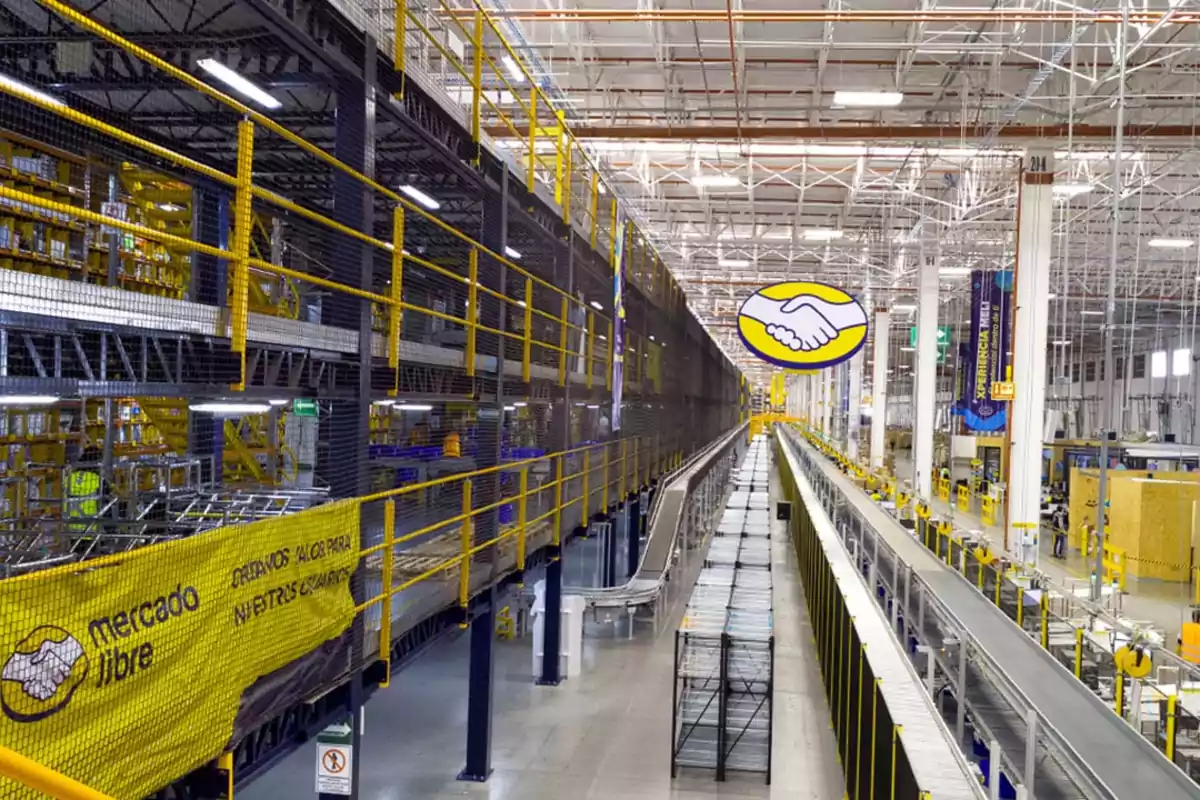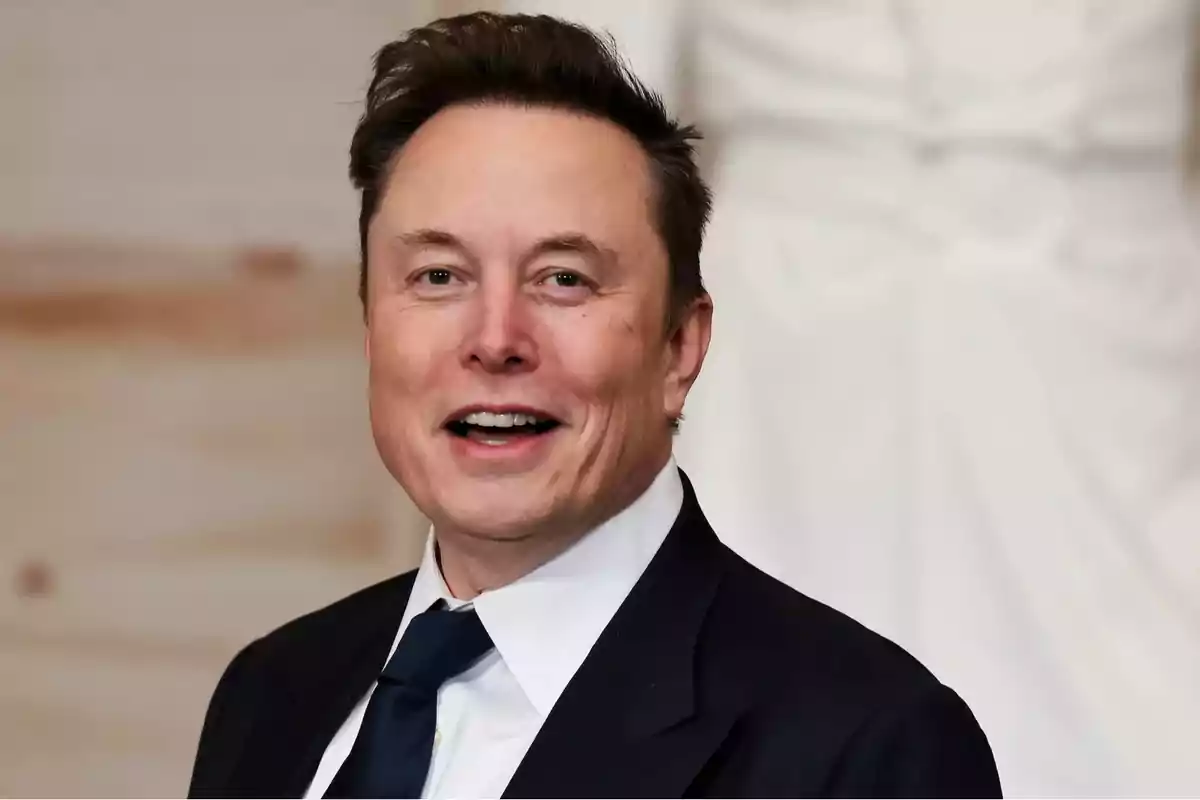
Mercado Libre announced that it is leaving the Democratic state of Delaware.
The Argentine-based company announced it will leave the Democratic state, and Elon Musk, CEO of Tesla and SpaceX, supported the decision
The Argentine company founded by Marcos Galperín, Mercado Libre, recently announced that it would leave the state of Delaware. According to various sources, the e-commerce company will leave the Democratic state due to the increase in taxes there.
Meanwhile, Elon Musk, who is in charge of the United States Department of Government Efficiency, celebrated the decision. The CEO of Tesla and SpaceX also highlighted the disadvantages of setting up in the Democratic state.
Recently, Mercado Libre has taken significant steps in its logistics expansion in the United States. In May 2024, it inaugurated its first distribution center in Texas, with the aim of improving delivery efficiency to Mexican buyers.

This center allows users in Mexico to receive their orders within two to five business days, with free shipping. This logistics expansion strengthens the company's presence in the U.S. market, but doesn't imply a change in its incorporation jurisdiction.
Mercado Libre chose Delaware as its legal headquarters because it offered at the time a very favorable business environment: flexible corporate laws, a judicial system specialized in commercial matters, and tax benefits.
Additionally, it was a popular state among large companies to incorporate in the United States, as it facilitated access to investors and international markets.

However, in recent years, the state of Delaware has lost quite a bit of appeal for numerous companies for several reasons.
- Higher legal and regulatory costs: Although it remains business-friendly, the costs associated with incorporation and legal maintenance have increased.
- Increased tax scrutiny: U.S. and other countries' tax authorities are paying more attention to structures in tax havens and in states like Delaware, which reduces the benefits of anonymity and tax evasion that were previously more exploited.
- Competition from other states: Places like Nevada, Wyoming, or even Texas offer similar advantages, sometimes with lower costs or simpler requirements.
- Pressure for greater transparency: Legal reforms in the United States, such as the Corporate Transparency Act, now require companies to disclose who their true owners are, which detracts from one of Delaware's traditional attractions: confidentiality.
Meanwhile, a large number of companies within the United States have experienced a significant migration to the state of Texas. Reasons include high tax rates, adverse economic conditions, and high flows of illegal immigration.
- Low taxes: It doesn't charge state income tax, neither to individuals nor to companies, which significantly reduces the tax burden.
- Lower operating costs: The costs of living, labor, and real estate are lower compared to other states like California or New York.
- Pro-business environment: Texas has less strict regulations, a business-friendly government, and policies that encourage investment and innovation.
- Strategic location: It is well geographically located for logistics and transportation, with easy access to the rest of the United States as well as Mexico and Latin America.
- Infrastructure and talent: Large cities like Austin, Dallas, and Houston offer good technological infrastructure, top-level universities, and a growing base of qualified talent.
- Corporate migration: Many large companies (like Tesla, Oracle, and HP) have moved to Texas, creating a pull effect and a growing business ecosystem.

More posts: